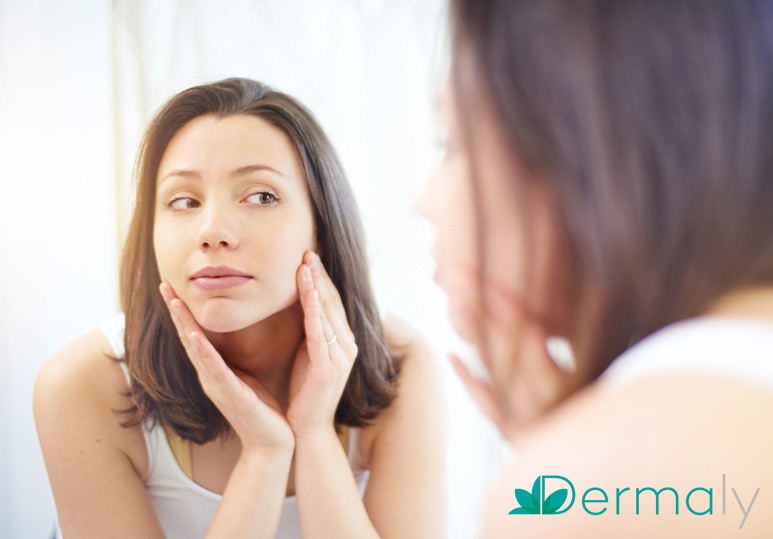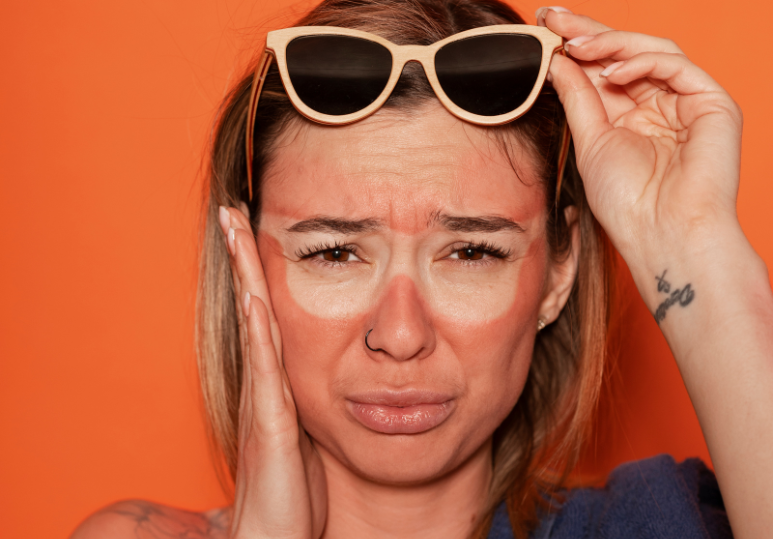What Is Hyperpigmentation?
Specialists suggest checking your skin regularly to determine if you have developed any spots, moles, or marks. This is important for your overall health, but sometimes you might notice an increase in spots or marks that, while not dangerous, are unwanted. Even though sun spots, freckles, and certain moles might not be harmful, most people want to keep their skin looking clear. An uneven skin tone often makes individuals feel like they appear older or less healthy.
The darkening of the skin in “spots” or certain areas is called hyperpigmentation. Sometimes it might be a symptom of an illness, while at other times it is not the sign of a severe problem but impacts an individual’s self-esteem. A few of the most common contributors to hyperpigmentation include skin inflammation or scarring; too much sun exposure; as well as hormonal fluctuations.
It takes a Vancouver skin care expert to help determine the cause of the issue as well as decide on the best form of treatment, but the chart below provides a quick rundown of causes of common causes of hyperpigmentation Vancouver residents might experience. This can give you a better idea of the best way to tackle any skin care problems you might be experiencing.
Types of Hyperpigmentation
| Common types of hyperpigmentation | Post-inflammatory hyperpigmentation | Lentigines | Melasma |
| Causes of Hyperpigmentation | “Post-inflammatory hyperpigmentation” refers to the darkening of skin when an individual has experienced conditions like acne, psoriasis, or other conditions that damage the skin. | Lentigines, or “Solar Lentigines”, are usually known as “age spots” or “liver spots”. There are many types of skin discolourations, but these dark spots, triggered by the sun and natural aging, are one of the most common. |
For women, a common form of skin hyperpigmentation is melasma. Expecting mothers usually experience this condition, and hormonal birth control may also be a contributing factor. Melasma may be more visible on medium to darker toned skin. |
| What to know before addressing this type of hyperpigmentation | This type of hyperpigmentation can take between 6 months to 1 year to treat, but if it is addressed by a qualified Vancouver skin care expert, it responds well to treatment and usually fades. | The best method is prevention: sunspots can easily be prevented by wearing protective clothing in the summer and always applying sunscreen. | Depending on the individual case, melasma can range from very stubborn to simple to treat. For some, it is as simple as avoiding triggers, while for others, it may take a rigorous treatment plan as well as staying out of the sun. |
Common types of hyperpigmentation
- Post-inflammatory hyperpigmentation
- Lentigines
- Melasma
| Causes of Hyperpigmentation |
| “Post-inflammatory hyperpigmentation” refers to the darkening of skin when an individual has experienced conditions like acne, psoriasis, or other conditions that damage the skin. |
| Lentigines, or “Solar Lentigines”, are usually known as “age spots” or “liver spots”. There are many types of skin discolourations, but these dark spots, triggered by the sun and natural aging, are one of the most common. |
|
For women, a common form of skin hyperpigmentation is melasma. Expecting mothers usually experience this condition, and hormonal birth control may also be a contributing factor. Melasma may be more visible on medium to darker toned skin. |
| What to know before addressing this type of hyperpigmentation |
| Post-inflammatory hyperpigmentation: This type of hyperpigmentation can take between 6 months to 1 year to treat, but if it is addressed by a qualified Vancouver skin care expert, it responds well to treatment and usually fades. |
| Lentigines: The best method is prevention: sunspots can easily be prevented by wearing protective clothing in the summer and always applying sunscreen. |
| Melasma: Depending on the individual case, melasma can range from very stubborn to simple to treat. For some, it is as simple as avoiding triggers, while for others, it may take a rigorous treatment plan as well as staying out of the sun. |
How Is Hyperpigmentation Treated?
Dermatologists, doctors, and other skin care experts might recommend options with powerful clinical ingredients. These formulations hydroquinone, tretinoin cream, corticosteroids, glycolic acid, and vitamin C creams. There are also many options available for brightening and refreshing uneven skin. Microdermabrasion, exfoliation, and chemical peels are all great options for refreshing the skin by removing the top layers for a more rejuvenated look. There are also many options for pampering and nourishing your skin that can be tailored to fit your overall skin care regimen.
Contact Us
Our Vancouver skin care team has been helping our clients find customized skin care solutions for over a decade. If you want to learn more about our skin care services, don’t hesitate to contact us. You can reach us by email at info@dermaly.com, or fill out the contact form on our website.






